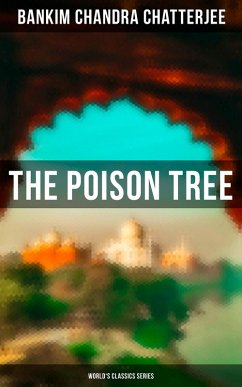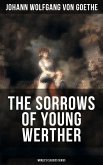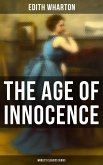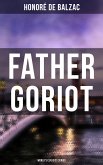Bankim Chandra Chatterjee's 'The Poison Tree' is a poignant exploration of societal norms and colonialism in 19th century India. Set against the backdrop of British colonial rule, Chatterjee delves into the complexities of Indian culture and identity, shedding light on the tensions between tradition and modernity. The narrative is rich with vivid descriptions and intricate character development, making it a classic example of Bengali literature. Chatterjee's prose is both lyrical and thought-provoking, immersing readers in a world of moral dilemmas and cultural clashes. The Poison Tree is a timeless masterpiece that continues to resonate with readers worldwide. Bankim Chandra Chatterjee, known for his role in the Bengal Renaissance, drew inspiration from India's rich history and cultural heritage to craft this literary gem. As a prominent figure in Indian literature, Chatterjee's perspective offers valuable insights into the complexities of colonial India. 'The Poison Tree' is a must-read for anyone interested in Indian literature, colonial history, or the cultural dynamics of the 19th century.
Dieser Download kann aus rechtlichen Gründen nur mit Rechnungsadresse in A, B, BG, CY, CZ, D, DK, EW, E, FIN, F, GR, H, IRL, I, LT, L, LR, M, NL, PL, P, R, S, SLO, SK ausgeliefert werden.









